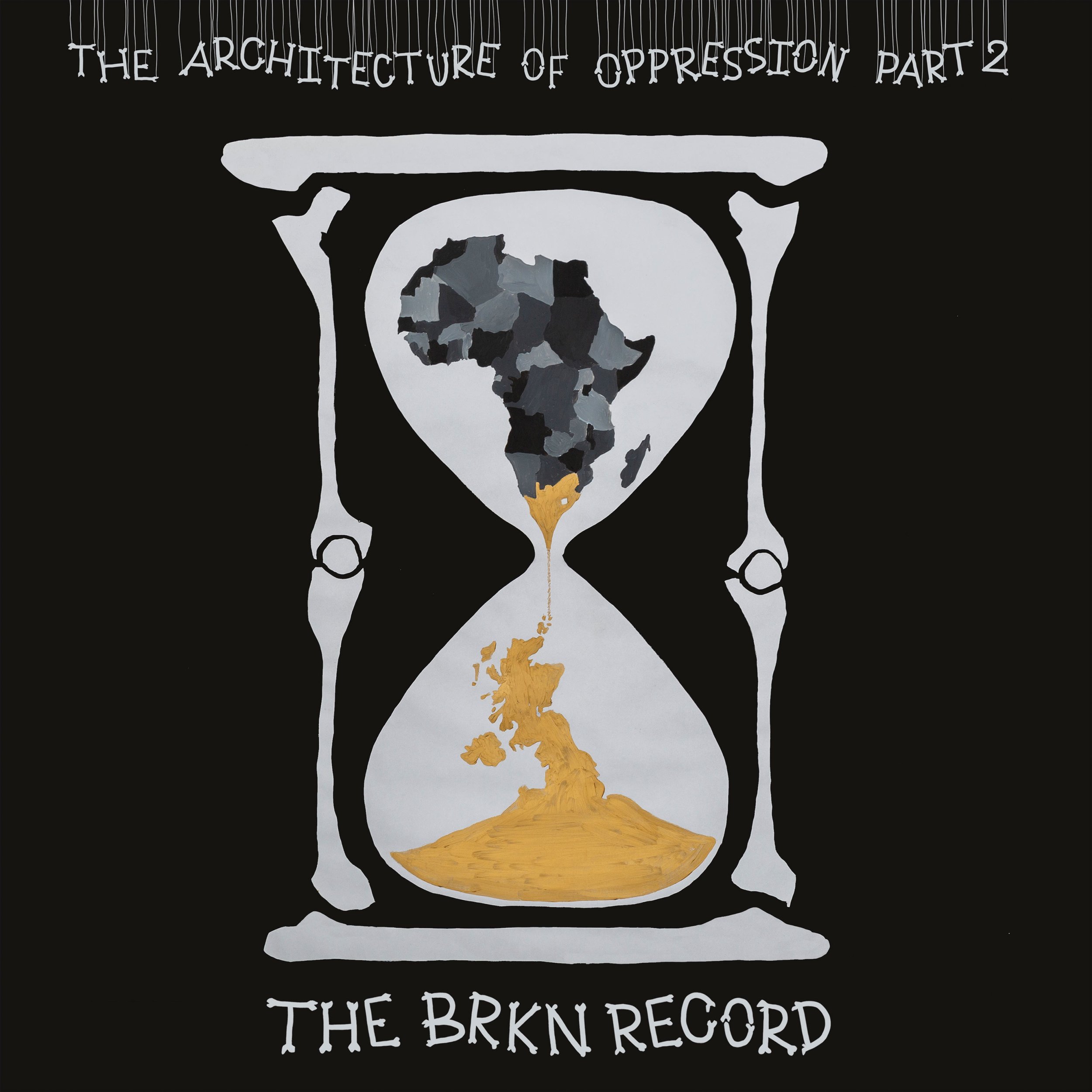Germany's Postwar Legacy: Lessons for Today's Crises - Highlights - FRANK TRENTMANN
/Professor of History at Birkbeck, University of London · Author of Out of the Darkness: The Germans 1942 to 2022
The environmental crisis, Gaza, the war in Ukraine—all of those don't make sense if you don't have a sense of history. History and the humanities have come under huge pressure. We've seen falling student numbers, and that's a real shame because history continues to be a source of intellectual inspiration and curiosity that not only makes us wiser and more reflective but also creates the dynamism and creativity we need to confront our present and future challenges. I hope that among the young generations, there will be people inspired by history, people that have the ambition to research and write about the past.



















